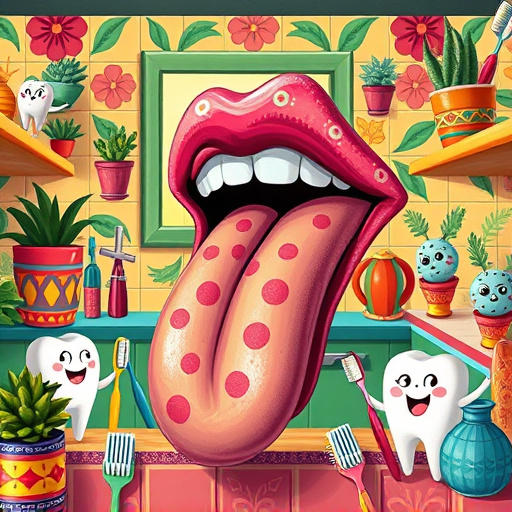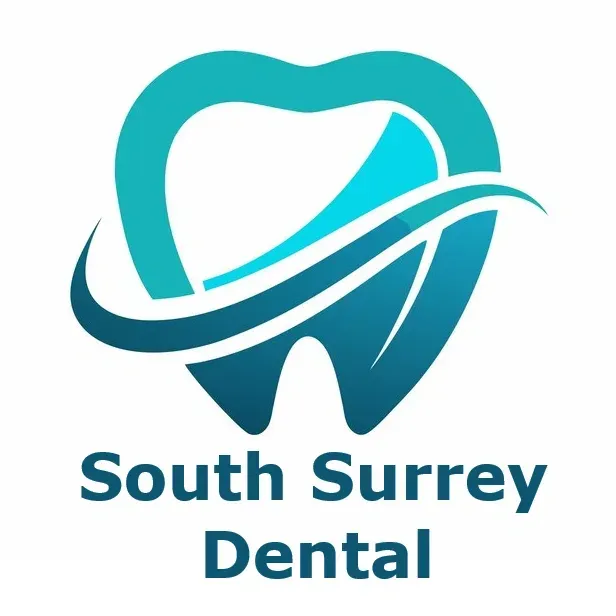
Is a Tongue Scraper Necessary? Discover Its Benefits Today!
Is a Tongue Scraper Necessary? Unveiling the Secret to a Fresher, Healthier Smile!
When it comes to maintaining optimal oral health, brushing and flossing often steal the spotlight. But have you ever wondered whether incorporating a tongue scraper into your daily routine could make a difference? The simple act of cleaning your tongue might just be the missing piece to achieving that truly fresh and vibrant smile. In this comprehensive guide, we'll explore whether is a tongue scraper necessary, how it works, and the compelling reasons why your oral hygiene routine might benefit from this small but mighty tool.
What Exactly Is a Tongue Scraper and How Does It Differ from Brushing?
A tongue scraper is a specialized tool designed to gently remove bacteria, food debris, dead cells, and other buildup from the surface of your tongue. Unlike your toothbrush, which primarily targets teeth and gums, the tongue scraper targets the tongue's surface directly. It typically consists of a smooth plastic or metal edge that allows for careful scraping from the back of the tongue to the tip.
While brushing your tongue is beneficial, many people find that a dedicated tongue scraper provides a more thorough clean. The gentle yet effective scraping action can help eliminate odor-causing bacteria and improve overall mouth freshness, which is crucial for a confident smile.
Why Should You Care About Your Tongue’s Health?
Your tongue is home to millions of bacteria, some of which are harmless and even beneficial. However, an overgrowth of bacteria can lead to bad breath, plaque buildup, and even contribute to gingivitis and cavities. Since a significant portion of bacteria resides on the tongue, neglecting this area can undermine your entire oral hygiene routine.
Absolutely. Halitosis, or bad breath, is often caused by bacteria accumulating on the tongue's surface. Regular use of a tongue scraper significantly reduces these bacterial colonies, leading to fresher breath and increased confidence in your conversations and social interactions.
Is a Tongue Scraper Necessary for Everyone?
Even if you brush and floss diligently, incorporating a tongue scraper can provide additional benefits. For those who enjoy a deep clean and want to maximize oral freshness, using a tongue scraper is a simple yet effective step. It’s particularly recommended for individuals prone to bad breath, those with certain medical conditions, or anyone aiming to elevate their daily dental routine.
Yes. People with dental appliances like braces, those with dry mouth, or individuals experiencing oral health issues might find tongue scraping particularly advantageous. Additionally, pregnant women or anyone with a weakened immune system could benefit from enhanced plaque and bacteria removal.
How Does Using a Tongue Scraper Improve Overall Oral Health?
Regular tongue cleaning can lower bacterial load, reduce plaque formation, and decrease the risk of cavities, gum disease, and infections. While it's not a substitute for brushing and flossing, it complements these practices by targeting areas they might miss.
Interestingly, a clean tongue can improve taste sensation by removing debris and bacteria that dull your palate. This might make your meals more enjoyable and allow you to savor flavors more fully.
How to Properly Use a Tongue Scraper for Optimal Results?
To get the maximum benefit, follow these simple steps:
- Start with a clean tongue scraper. Rinse it before use.
- Stick out your tongue and gently place the scraper at the back of your tongue—be careful not to gag.
- Pull the scraper forward along the surface of your tongue, applying gentle pressure.
- Rinse the scraper after each pass to remove accumulated debris.
- Repeat 2-3 times, ensuring you cover the entire surface of the tongue.
- Finish by rinsing your mouth with water or mouthwash.
For best results, incorporate tongue scraping into your morning and evening routines. Be gentle to avoid irritation, and replace your scraper periodically to maintain hygiene and effectiveness.
What Are the Common Misconceptions About Tongue Scraping?
No, if performed correctly, tongue scraping is safe and non-invasive. However, aggressive scraping or using a dull tool can cause minor discomfort or injury. Always use a gentle touch and replace worn-out scrapers.
While tongue scraping helps significantly, it’s not a cure-all. Maintaining a consistent oral hygiene routine, staying hydrated, and visiting your dentist regularly are crucial steps for fresh breath and overall mouth health.
How Can You Incorporate Tongue Scraping Into Your Routine?
Start small. Dedicate a few seconds each morning and evening for tongue cleaning. Keep your scraper accessible in your bathroom. Over time, it will become an effortless part of your daily routine, enhancing your confidence and oral health.
Are There Any Alternatives to Tongue Scraping?
While brushing your tongue can help, it often doesn’t reach all debris and bacteria effectively. Tongue scrapers are specially designed to provide a more comprehensive cleaning. If you prefer not to use a scraper, make sure to thoroughly brush your tongue with your toothbrush, but remember that dedicated tools often yield better results.
Where Can You Find the Best Oral Care Products?
Investing in a high-quality tongue scraper ensures a gentle yet effective clean. Many dental supply stores and online retailers offer a variety of options to suit your preferences.
Conclusion: Is a Tongue Scraper Necessary? The Final Verdict
In synthesizing all these insights, it’s clear that a tongue scraper isn’t an extravagant accessory—it's a vital tool for anyone serious about maintaining optimal oral health. While not indispensable for everyone, its benefits—fresher breath, reduced bacteria, and improved taste—make it a highly recommended addition to your daily hygiene regimen.
If you’re interested in enhancing your smile and oral health further, consider consulting with your local dental professional. They can offer personalized advice and even provide services such as cosmetic dentistry or professional cleanings to keep your mouth in top shape.
Frequently Asked Questions (FAQs)
While brushing helps maintain oral hygiene, a dedicated tongue scraper often provides a more thorough cleaning by removing debris and bacteria that brushing alone may miss.
For optimal results, incorporate tongue scraping into your morning and evening routines. Adjust frequency based on your oral health needs and personal comfort.
If done gently and with clean tools, tongue scraping is safe. Avoid aggressive pressure to prevent irritation or injury.
Yes. By reducing bacteria and toxins in your mouth, tongue scraping can contribute to better oral and even overall health, reducing risks associated with oral infections and bad breath.
Select a durable, smooth-edged scraper made from safe materials like plastic or metal. Ensure it’s easy to clean and replace periodically for hygiene reasons.




















